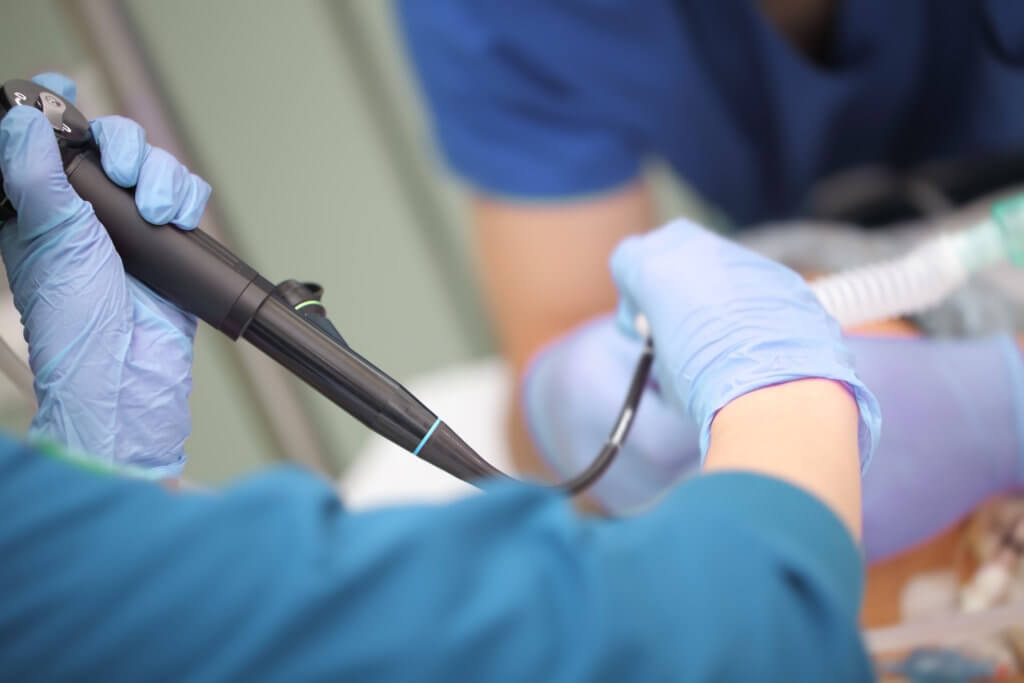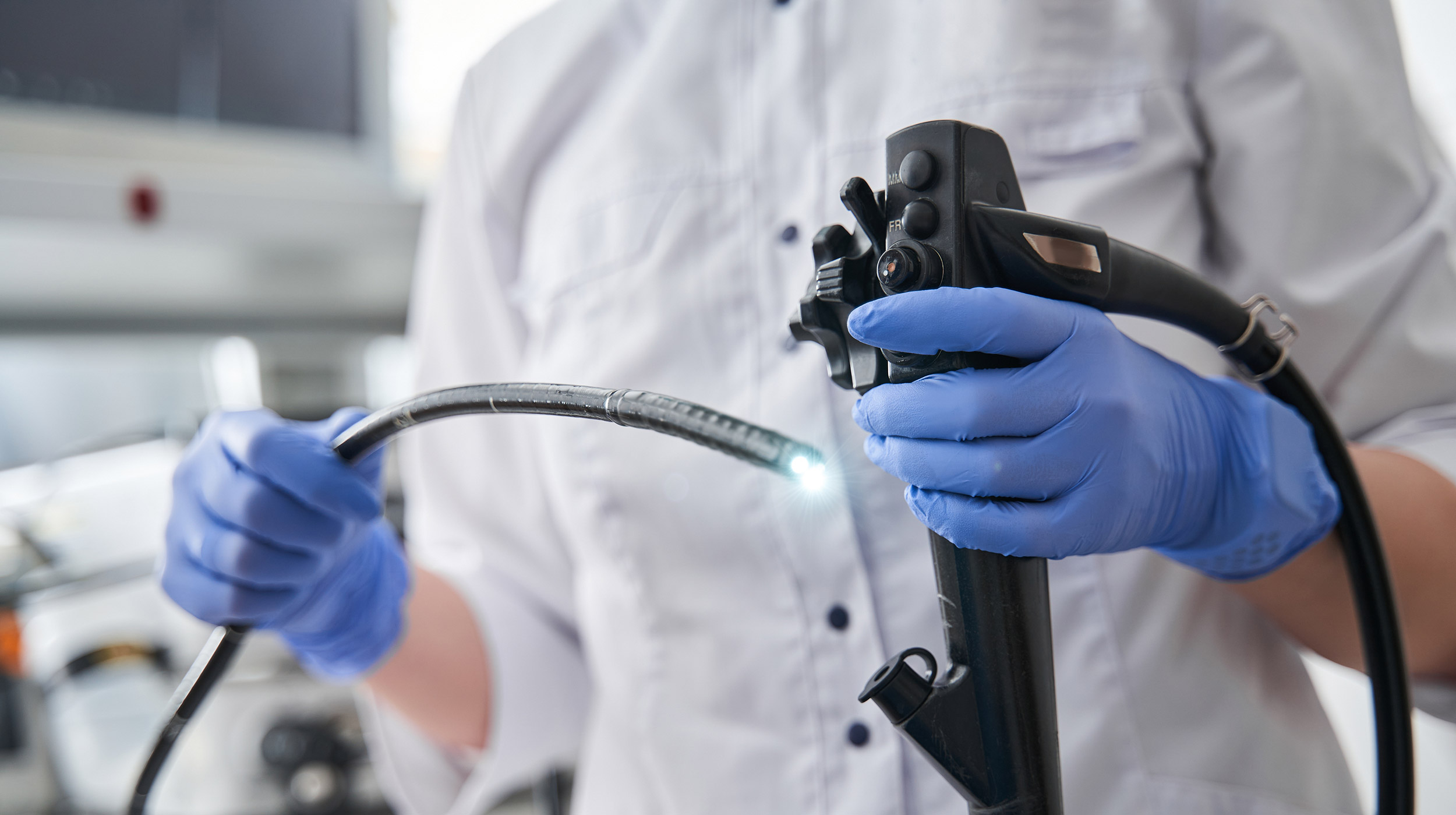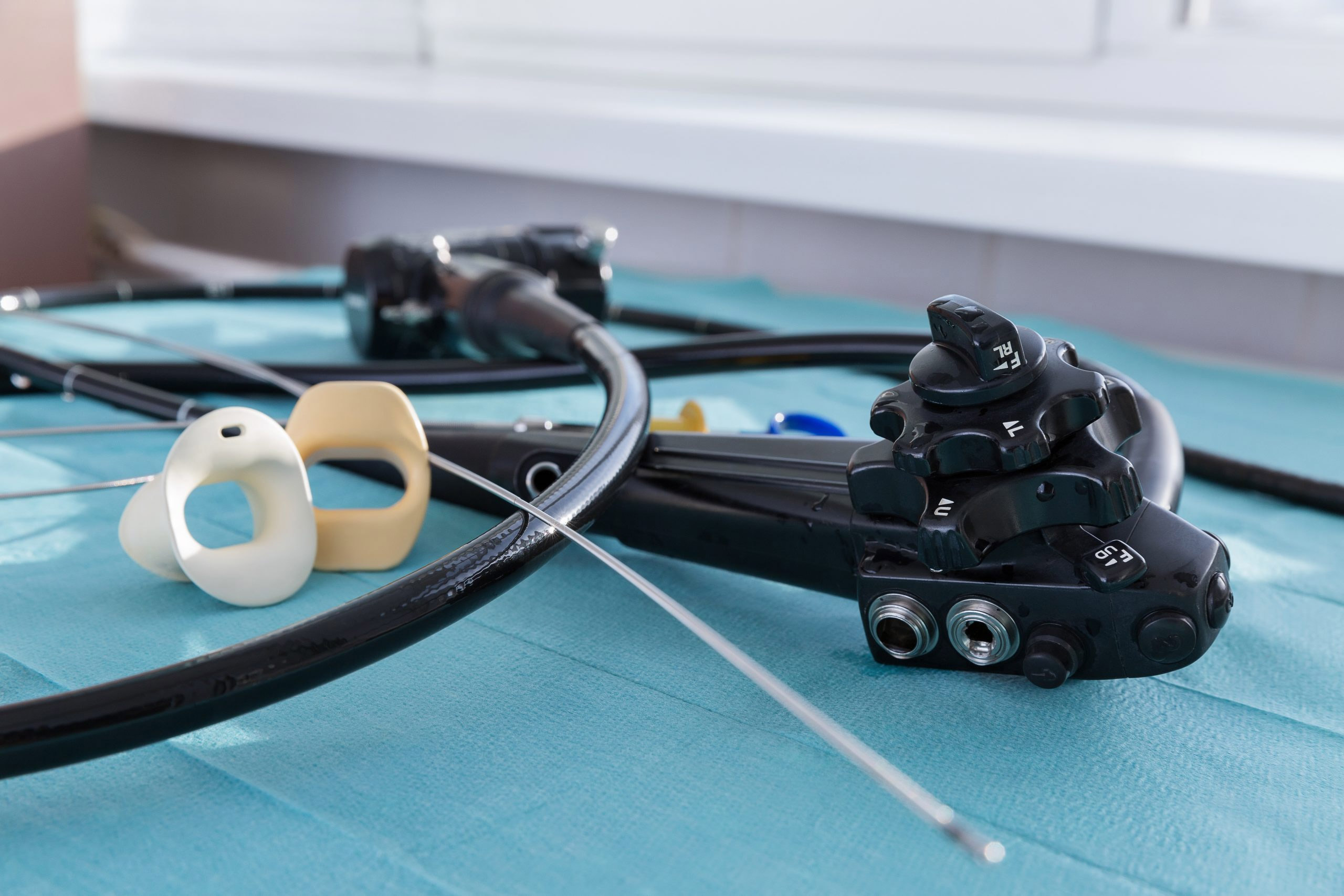
Earlier this summer, the U.S. Department of Veterans Affairs (VA) added bladder cancer to its list of "presumptive conditions" related to Agent Orange exposure.
James R. Scott, Jr., an army veteran diagnosed with bladder cancer in 2015, was overjoyed by the announcement.
“I was extremely excited because there are other GIs out here who have been denied coverage or any type of benefit because they have bladder cancer, and it wasn't recognized. That's just not fair,” Scott said in a recent CURE Talks Cancer podcast. “I was very pleased to see in this National Defense Authorization Act that they are reaching out to surviving spouses and children and even parents of the GIs. There's a lot of them.”
Agent Orange was a tactical herbicide used to clear vegetation during the Vietnam War. It was used to destroy plants and trees to improve observation on the ground, as well as to ruin enemy crops.
Scott, who joined the Army in 1967, was diagnosed with bladder cancer at the age of 69 after several rounds of antibiotic treatment for urinary tract infections did little to curb the blood in his urine. At the time of his diagnosis, physicians found roughly two dozen tumors.
Scott was told the chances of the cancer returning were 100 percent unless he had his bladder removed.
Scott did not receive benefits from the VA during his cancer battle because the department did not recognize bladder cancer as a disease caused by Agent Orange exposure back then. Veterans were, however, receiving benefits for prostate cancer.
Thankfully, Scott had good insurance during his bladder cancer battle but said it hurts him to think of former military members who were not as fortunate and may not have received treatment.
Scott has traveled to Capitol Hill on behalf of the Bladder Cancer Advocacy Network to tell his story and advocate for fellow veterans. He now travels the country for the network to tell the story of his cancer journey.
Click here for much more from Scott and to subscribe to the CURE Talks Cancer podcast.


